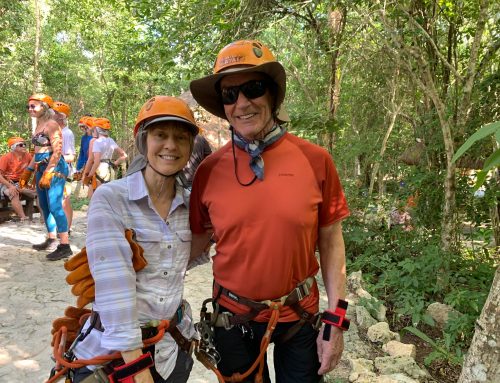When I was in college over thirty years ago, our professor stated that we could train the process of intuition. This seemed like an interesting statement to me, and I have often wondered about the value of intuition, especially to an anxious person. Meanwhile, over the years I have also explored various methods to calm my anxious brain including Insight Meditation, and got curious about this word “insight”. Then in a recent Psychology Today, there was a very interesting article about all these fascinating brain processes – intuition, insight, reflection, deliberation…what does it mean for your mental health?
First, the magazine article states that intuition is “pattern recognition”, but that “there are many different areas that intuition recognizes, and that most human behavior happens automatically, guided by genetics and habit rather than conscious deliberation”. That is precisely why humans can suffer when they are being driven by what they can’t understand. Anxiety is an experience of low-level fear that often you can’t quite get a handle on. Sometimes it is so high that it becomes a panic attack.
Clients come to me because they need to make conscious what is driving them unconsciously. Often this anxiety comes from old beliefs and stories that are not grounded in reality. Even your body retains emotional experiences that drive behavior. Sometimes in trauma, your body is still reenacting old memories that affect your ability to respond to the moment. Should you follow your intuition (sensing) rather than insight (seeing)?
Research shows that people are often quite accurate when they listen to their intuition about others during a first impression. Intuition is a bit of a fast track when you don’t have time to reflect too deeply. But it can also lead to negative judgments, profiling and inaccurate conclusions, especially in other areas of life. If you are feeling fearful and socially anxious, you may already find that your “gut feelings” (intuition) might have you avoiding the holiday party before you even try it out!
Therapy is designed to help you differentiate between sensing and observing, which helps foster insight, and you can proceed with a clearer understanding. You need all parts of your body/mind (including sensing and seeing) to be engaged in what Mindfulness would call a “Wise Mind”. This helps you be more effective, and build that “life worth living”. Let me help you on this journey; I have a Mindfulness training class coming up and we can also work individually.






Leave A Comment